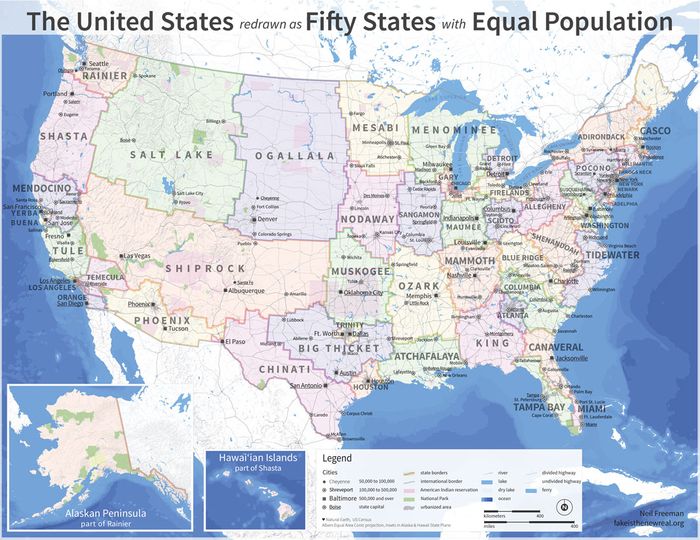Recently there’s been some discussion about Newt Gingrich’s views on Palestinians, that they are an invented people:
Remember, there was no Palestine as a state, it was part of the Ottoman Empire, and I think that we’ve had an invented Palestinian people who are in fact Arabs and were historically part of the Arab community.
An American talking about “invention” in the context of a people’s right to statehood is so mind-bendingly ironic. Anil Dash sums it up in 129 characters:
This position gets even weirder as Thomas Friedman (yeah, really!) points out where this line of reasoning takes us:
If the 2.5 million West Bank Palestinians are not a real people entitled to their own state, that must mean Israel is entitled to permanently occupy the West Bank and that must mean — as far as Newt is concerned — that Israel’s choices are: 1) to permanently deprive the West Bank Palestinians of Israeli citizenship and put Israel on the road to apartheid; 2) to evict the West Bank Palestinians through ethnic cleansing and put Israel on the road to the International Criminal Court in the Hague; or 3) to treat the Palestinians in the West Bank as citizens, just like Israeli Arabs, and lay the foundation for Israel to become a binational state. And this is called being “pro-Israel”?
It’s surprising that a right wing politician might be, in essence, arguing for a One State Solution. Aside from Friedman’s use of quotes around the word illegal – as in, “illegal” settlements – I think it’s a solid op-ed. But this notion of a group of people having their identity called into question is better explained by Laila El-Haddad:
After booking a flight online with British Airways out of Cairo (the nearest accessible airport for Palestinians here, eight hours and a border crossing away from Gaza), I attempted to enter my “passenger details”, including country of citizenship and residence.
Most people wouldn’t give this a second thought. But being the owner of a Palestinian Authority passport (which one can acquire only on the basis of an Israeli-issued ID card), I have become accustomed to dealing with Kafkaesque complications in routine matters.
And sure enough, in the drop-down menu of countries, I found the British Indian Ocean Territory, the Isle of Man and even Tuvalu – but no Palestine.
I collaborated with Laila on You Are Not Here and she told harrowing airport stories, of being detained and questioned on account of her “invented” status. I remember following one such adventure as she tweeted about being denied entry into Palestine by Egyptian authorities:
Imagine traveling from Copenhagen to New York, with a stopover in Montreal. Imagine being held by Canadian authorities because they don’t like your “American” passport. They send you back to Denmark because, you know, the United States doesn’t even have a legitimate monarchy! Who can trust these “invented” people?
The kicker is the lack of recourse, no Palestinian embassy can hold those Egyptian authorities to account. Gingrich’s position inadvertently calls attention to the estimated 12 million stateless people in the world. Their rights are not adequately protected in large part because they’re not considered legitimate people.
